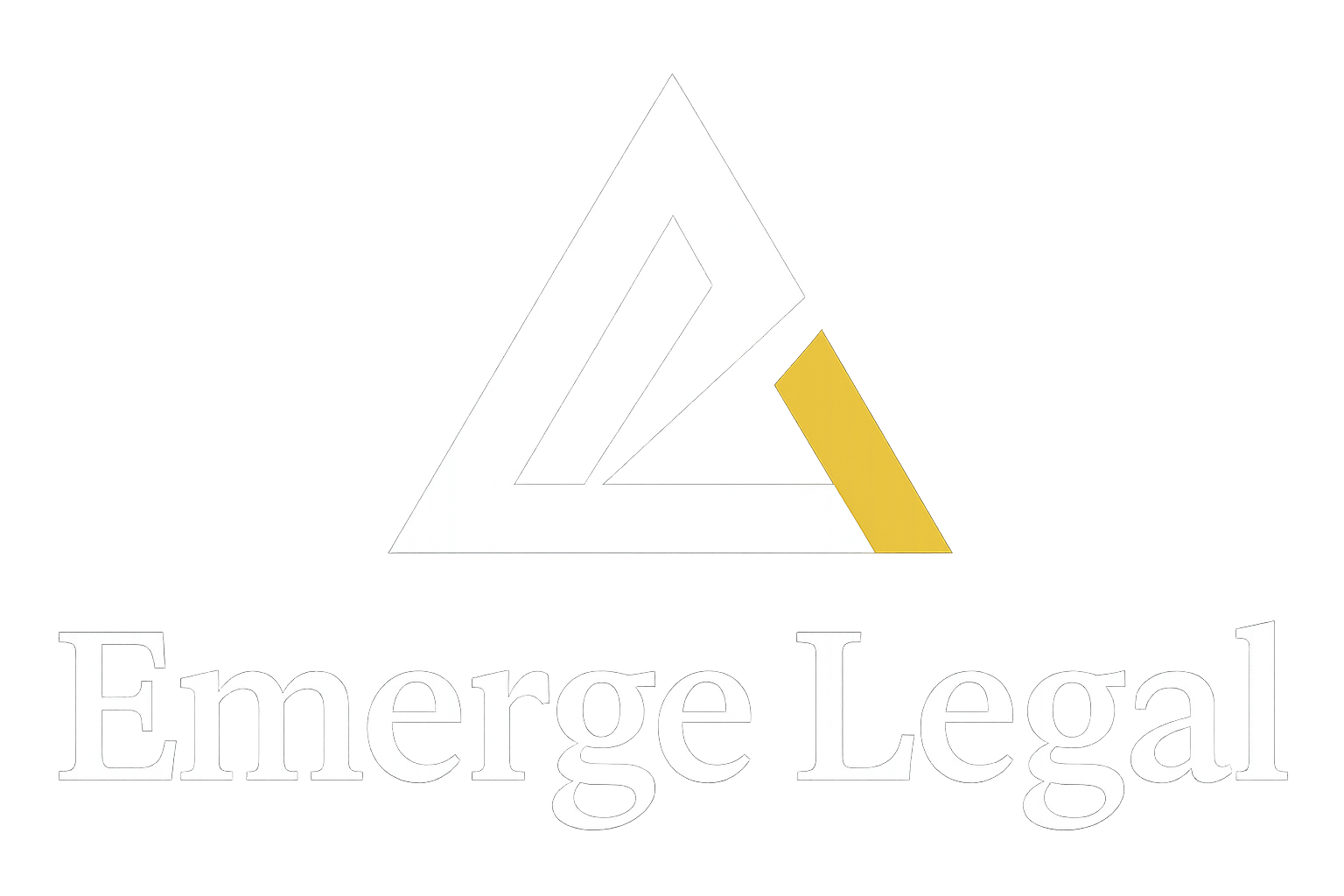To open a restaurant in New Delhi or any other metropolitan city is definitely a stupendous process. There are many vital things like choosing the apt area for the restaurant, hiring qualified and well-performing staff, to get licenses, choosing a proper restaurant concept, and finally, go for the marketing of the restaurant in an according way.
Implementing right rules with proper knowledge, getting licenses for a restaurant cannot be a child’s play. Hope this post helps in maneuvering the necessities and legal processes in opening a restaurant.
Licenses required to run a restaurant:
Following are the captious licenses needed to open a restaurant and obtaining these will make the restaurant to navigate lawfully.
1. FSSAI license:
One of the most significant licenses required is the food license and this is given by FSSAI (Food safety and standard authority of India) under the Food Safety and Standards Act, 2006. This license is crucial, as it assures the customers that the food of the restaurant vows to the food safety standards of India. FSSAI provides a unique registration number of 14 digits and this number is then given to traders, manufacturers and restaurants. Printing this registration number in all food packages is obligatory.
The documents required to apply FSSAI license are as follows:
- Identify proof
- Address proof
- Phone number
- Valid email ID
- Layout Plan of Kitchen
- Food categories
- Assurance of Food Safety Management Plan
- Water Quality Testing Report from ISI
- NOC from owner/ partner of the company
- Medical certificates of employees
How to get an FSSAI license?
Just log in to the FSSAI website and then the sign up procedure must be done by creating a username which is meant for registration. Using all the documents, the online application process can be completed. Finally, the print out of the filled up online application must be presented to Regional (or) state authority along with submission of all the documents and this must be done within a period of 15 days right from the date of online submission.
2. Liquor license:
If there is Liquor serving activity in your restaurant, then it is mandatory to get the liquor license. You could obtain the liquor license from Local excise commissioner. The respective forms are available at the particular websites of state governments. This license is of utmost importance, that is if you don’t own a license for liquor service, you must sustain a large penalty and to the extreme your restaurant may be prone to shut down permanently.
Liquor license cost
An amount of Rs. 5000 must be paid while submitting the documents and an additional amount of Rs. 50,000 is needed for every individual brands like rum, whisky, gin, brandy, vodka and others alike.
List of documents needed to obtain liquor license
¤ Legal status of the restaurant must be addressed as a document, indicating whether it is a partnership firm or any other setup
¤ Document which represents the plot of restaurant has a legal possession
¤ Proof which shows the completion of the building of the restaurant
¤ Submission of trade license which can be obtained from local authorities
¤ Proof related to applicant being an sales tax assessment
¤ Eating house license obtained by DCP
¤ NOC from state fire service
How to get a liquor license?
Log in to the state government website and submit the above mentioned documents to the respective Excise officer. Then he/she will submit the regarding report to the .inquire granting authority. Finally as per the guidelines, the applicant must submit the fees and so the license is granted.
Procuring a liquor license for the restaurant is the most difficult task as the government goes through all the proofs and documents with keen eye.
3. Health / Trade license
This license proves that your restaurant is up to the mark regarding health concerns. It takes nearly 60 days to obtain this license from the date of submission of documents and form.
Health/Trade license cost:
This cost completely depends on state rules and particular necessities. The cost is ranges from rs.500 to 50,000
Documents for Health/Trade license:
● Proof of ownership
● 3 copies of site plan and layout
● Rent agreement
● Indemnity bond for rs.10
● Certificate of structural stability approved by Engineer
● Water and power bills
● Letter from Delhi police
● Property tax proof
● Reports of water test
● Employees’ medical certificates
● If applicable Lal Dora certificate
● Proof of server connection
How to get Health/Trade license
This can be applied online where forms are available at Municipal corporation websites of respective states. You can also get forms in Zonal citizens service Bureaus.
4. Eating house license:
This license is provided by the Licensing police commissioner of the respective city where you own your restaurant site.
Eating house license cost
The cost is about rs.300 for a period of 3 years
Documents required for getting Eating house license:
* Proof of lawful occupancy of the place of Eating house. If it is a case of tenancy then required
documents or NOC from the landlord is required
* Size of Eating house in the form of site plan
* Residential proof of the applicant
* Photos depicting the usage of place as an eating house
* If the seating capacity is 50 or it exceeds then NOC from fire service is required
* An affidavit on rs.10 stamp paper signed by Notary public
* Installation of CCTV cameras with recording of 30 days
How to get Eating house license
The applicant can register for it via a form. The form must be filled up and all the required documents can be uploaded. Finally an appointment can be fixed. The crucial part is self- attestation of all the documents.
Shop and Establishment Act:
In India it is a must to register under the Shops and Establishment act to proceed with food business. This is a city specific license and it must be registered within 30 days since the inception of your business
Shop and Establishment cost
This cost ranges between rs.200 to rs.4000 per year. Nevertheless, the cost depends according to the site of the restaurant and the number of employees in the restaurant.
Documents needed for Shop and Establishment license
Complete details of the employees like ID proof, address proof, pan card.
How to get Shop and Establishment license
The forms are available in the respective state government websites. Along with the documents, name of the restaurant, postal address, and ownership proof like rental agreement or lease papers from the landlord must be submitted to the local Chief Inspector. After verification of all the documents by the government officials, the restaurant gets registered under the Register of Establishment and thus a registration certificate will be given. It is a requisite thing to display this certificate at the restaurant and it must always be renewed before it ceases.
6. Fire safety license
It is the prior duty of any restaurant to safeguard the customers from dangers and hazards like fire. NOC from the fire department is mandatory to run a restaurant. There is no fire safety license cost as of now.
How to get fire safety license:
Applications are available on state government websites. With all the safety equipment, the Chief fire officer must be invited for inspection and next the NOC is issued.
7. Lift clearance:
If it is a multi- story restaurant, a lift facility is needed for sure. In that particular city it is needed to get clearance from the Labour commissioner as well as an inspector of the electricity department. After installing life, layout safety gears and others, the electrical inspector verifies everything and issues a license from the Labour commissioner office.
8. Music license:
This license is issued by Photographic Performance Limited (PPL). If a restaurant plays music without having a music license, they must incur legal penalties.
9. Certificate of environmental clearance
According to the Environment Protection Act, 1986, A restaurant should always act morally and legally to protect the environment and not to harm it at any cost. Henceforth certificate of environmental clearance should be applied by the restaurant
10. Signage license
Marketing is an important strategy in every business to earn profit. It is a known fact that posters, paintings, graphics can be used in a lawful way to market about the restaurant in surrounding and nearby areas. For this to be done, a signage license from any local authority or Municipal corporation must be obtained
Final words:
Initiating a restaurant business in New Delhi is legally easy if you have the above mentioned licenses in a proper way. Emergelegal has a trained set of lawyers who can help you to get all kinds of permits and licenses and can assist you through the legal discrepancies.



